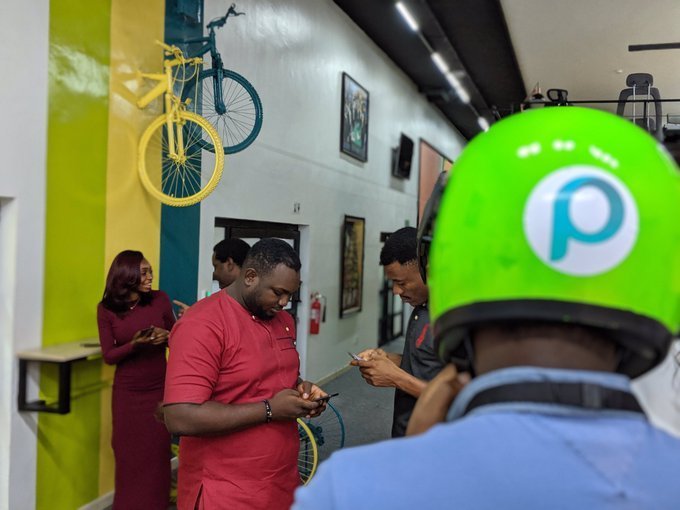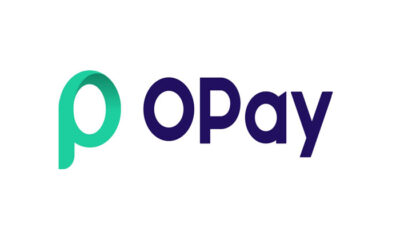- OPay Raises $50m to Expand Operations in Nigeria
OPay, a one-shop mobile payments startup, just raised $50 million investment fund to expand its operations in Africa’s largest economy Nigeria.
Founded by the second most used web browser in Africa Opera, OPay is an Africa-focused mobile-based platform for payments, transportation, food and grocery delivery, and other everyday services.”
Launched in August 2018, OPay adopted an agent-centric mobile payment operation to reach the unbanked population in Nigeria, and since then, it has added new services to its ecosystem — ORide and food delivery service OFood.
In less than a year of operation, OPay grew active agents to more than 40,000 and daily transaction volumes rose more than $5 million, making OPay the largest mobile transaction provider in Nigeria.
 ORide, an e-hailing motorbike unit of OPay, is growing fast in Lagos and will be competing with the likes of Gokada that recently raised $5.3 million and Max.ng that raised $7 million to expand operations and enhance revenue by joining the boat-transport business in Nigeria.
ORide, an e-hailing motorbike unit of OPay, is growing fast in Lagos and will be competing with the likes of Gokada that recently raised $5.3 million and Max.ng that raised $7 million to expand operations and enhance revenue by joining the boat-transport business in Nigeria.
But with the uniqueness of OPay service as a mobile payment with a broad database and access to operating capital, ORide should be better positioned going forward.
Commenting on the company’s growth in the last one year, Yahui Zhou, the Chairman and CEO of Opera Limited, said, “By incubating OPay and supporting the company through its rapid acceleration, Opera has also demonstrated its ability to leverage its brand and consumer reach to create attractive, fast-growing businesses on the African continent. We are highly pleased by the team’s results and are excited to continue supporting OPay as the journey continues.”
“OPay has successfully built a leading mobile payment business in Nigeria in a short period of time. We are excited to be part of its continued growth, as it provides access to better mobile banking services for Nigeria’s 200 million population, and expands into new areas,” said Qingsheng Zheng, Partner of Sequoia China.
“We are thrilled that IDG Capital, Sequoia China, Source Code Capital and others are coming onboard as investors in OPay. The additional capital will allow OPay to accelerate its growth in mobile payment services and the growth into new verticals, such as motorbike ridesharing and food delivery,” said Yahui Zhou, Chairman and CEO of Opera Limited. “Further, the strength of Opera’s brand and OPay’s emerging position will benefit both companies’ and their visions to lead many internet verticals across Africa.”
The investors were IDG Capital, Sequoia China, Source Code Capital, Meituan-Dianping, GSR Ventures and Opera Limited (Nasdaq: OPRA).




 Forex2 weeks ago
Forex2 weeks ago




 Naira1 week ago
Naira1 week ago
 Naira4 weeks ago
Naira4 weeks ago
 Company News4 weeks ago
Company News4 weeks ago




 Naira1 week ago
Naira1 week ago




 Naira3 weeks ago
Naira3 weeks ago
 Billionaire Watch1 week ago
Billionaire Watch1 week ago




 Naira7 days ago
Naira7 days ago









